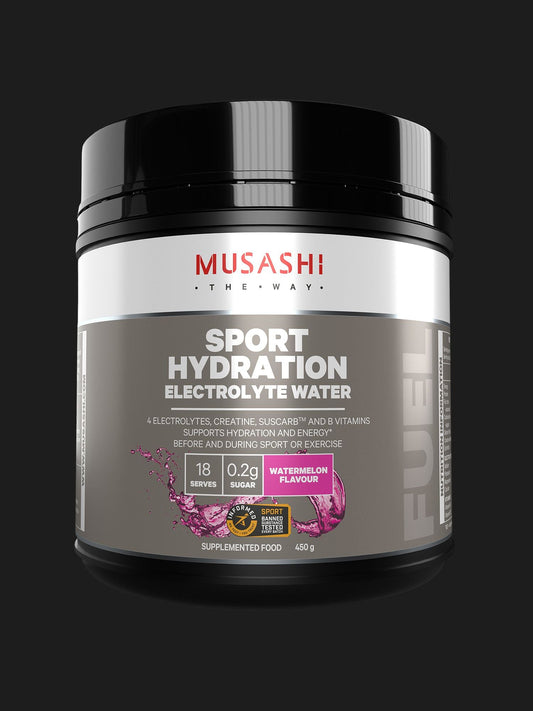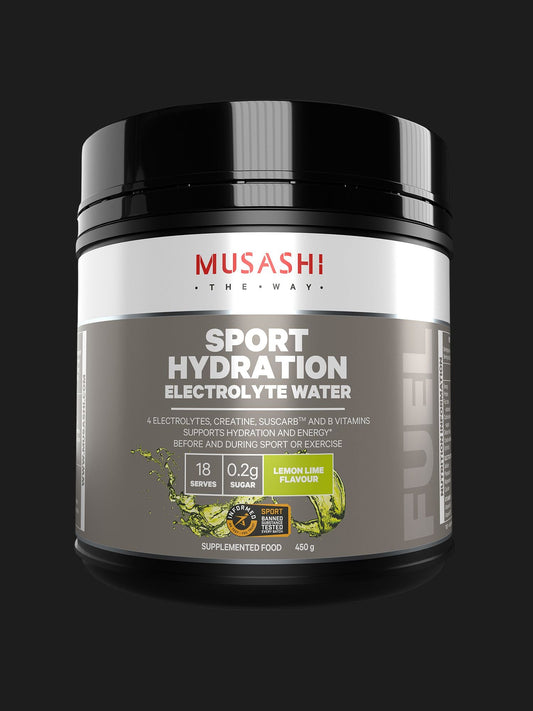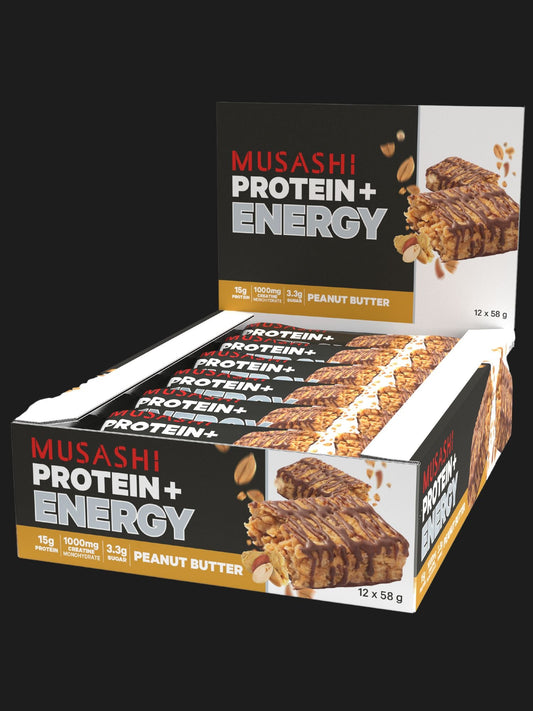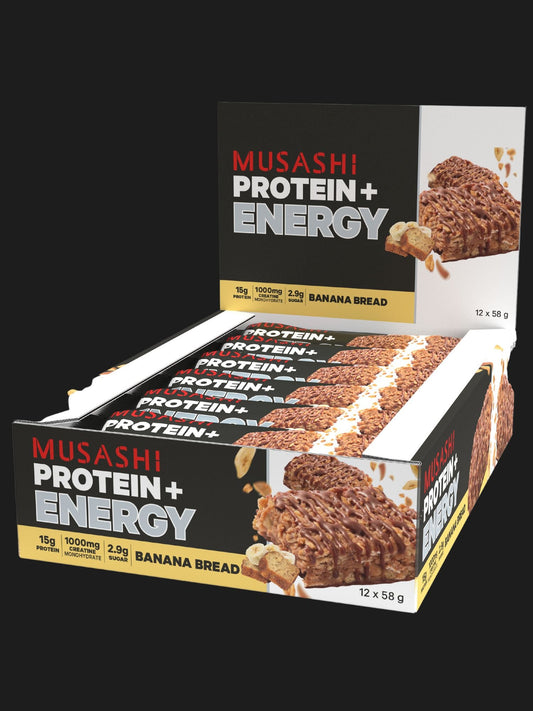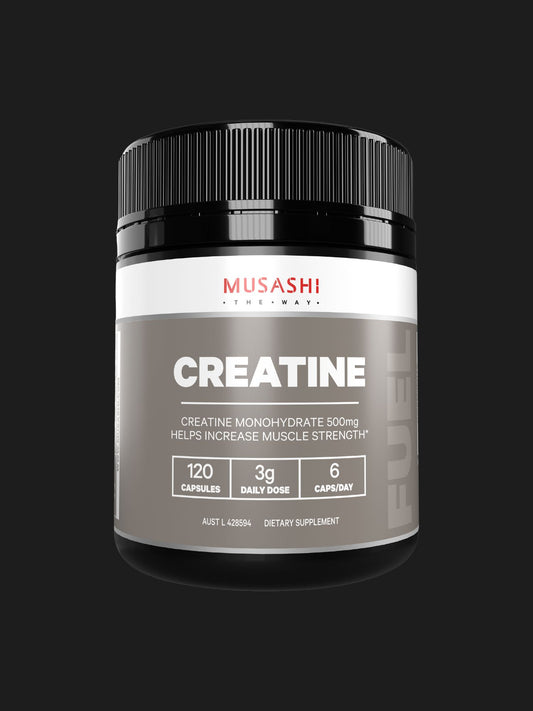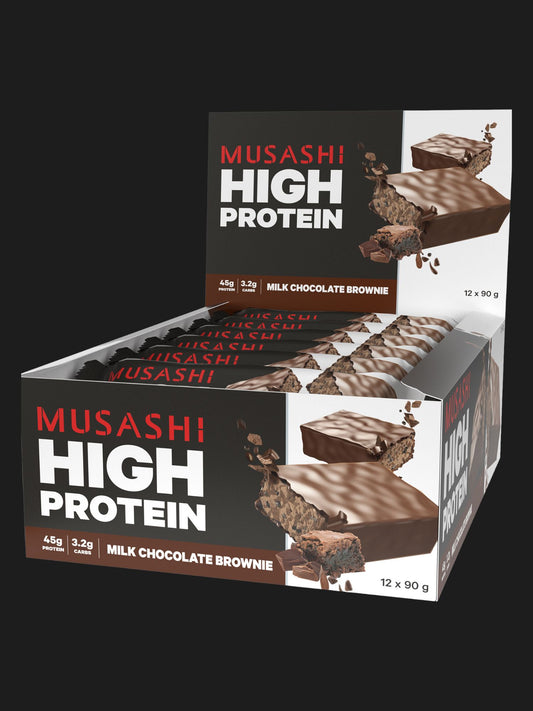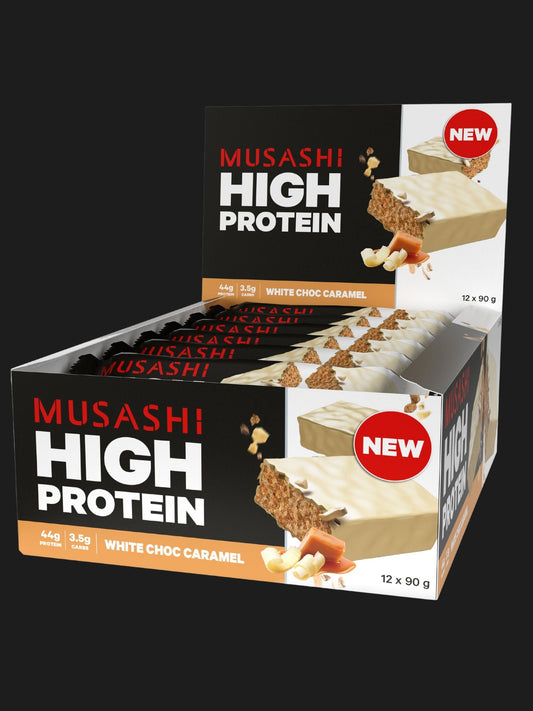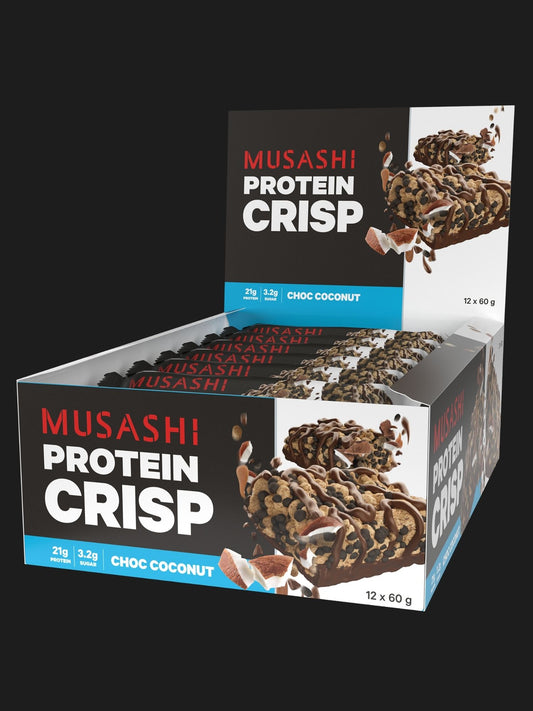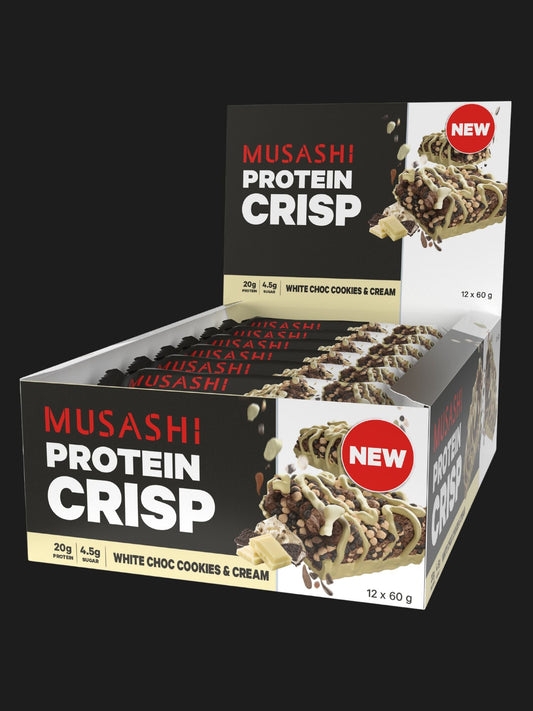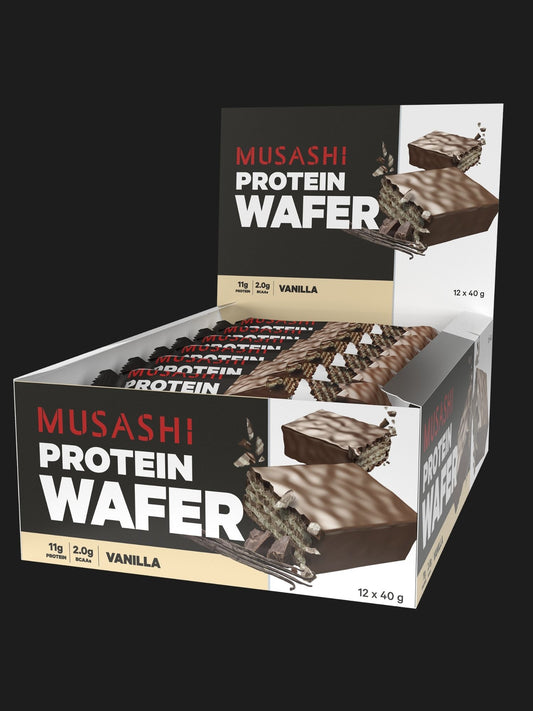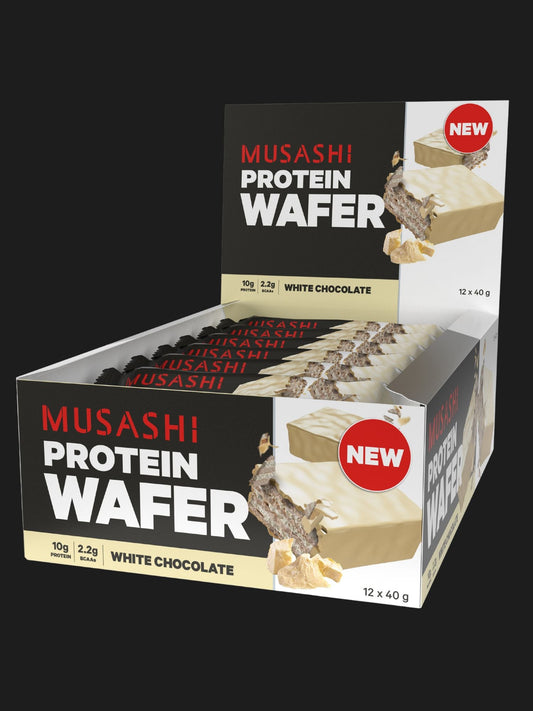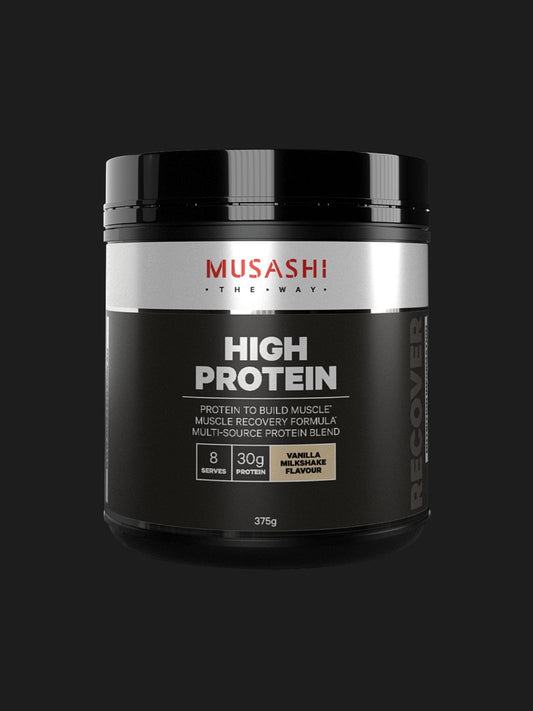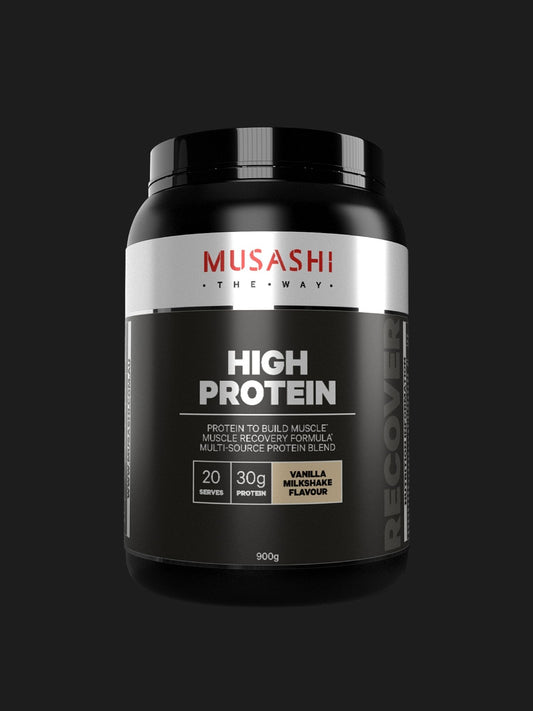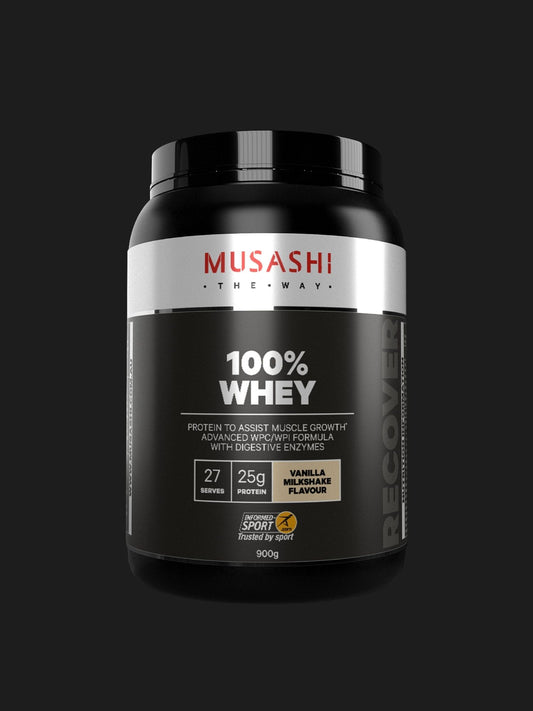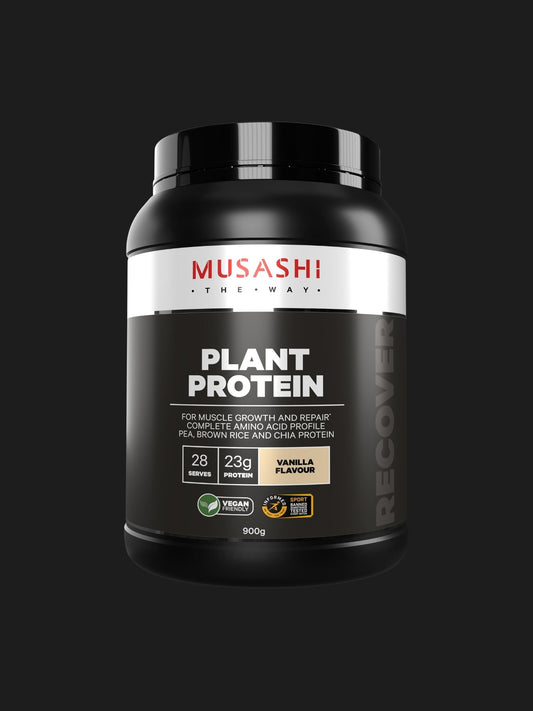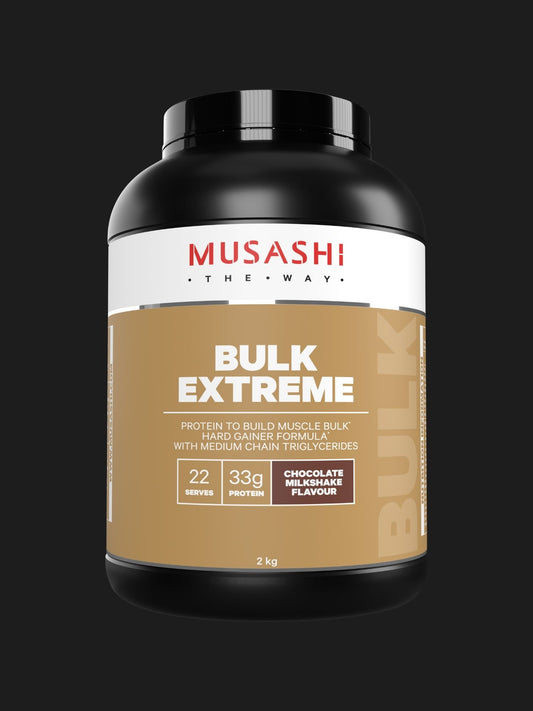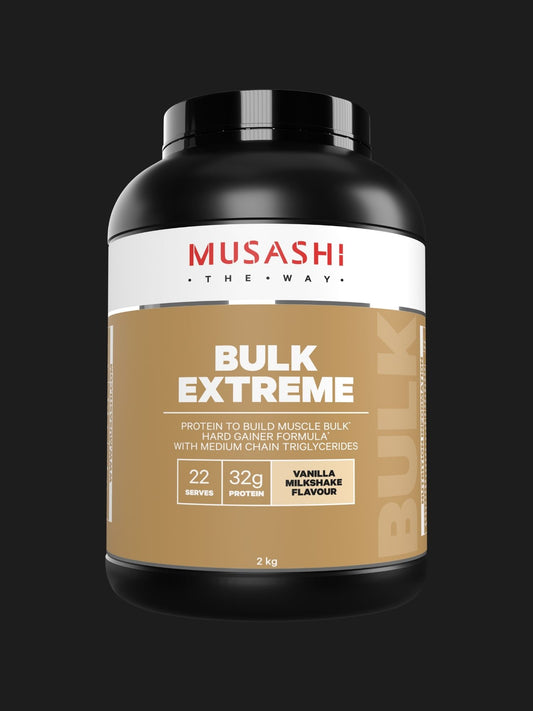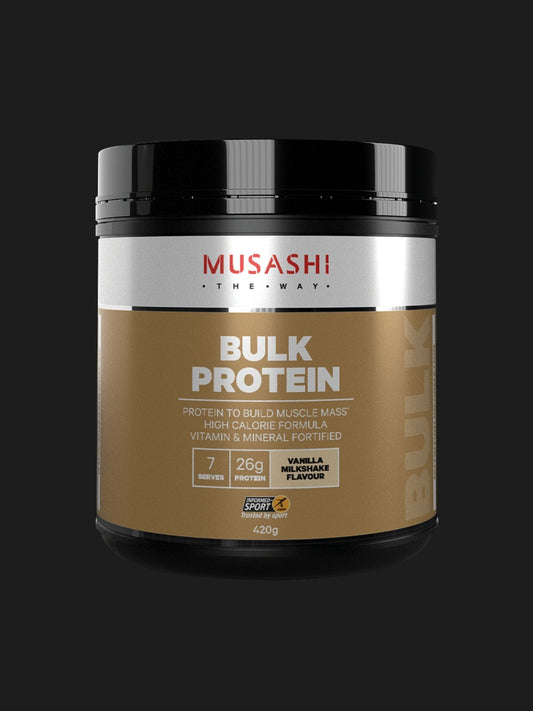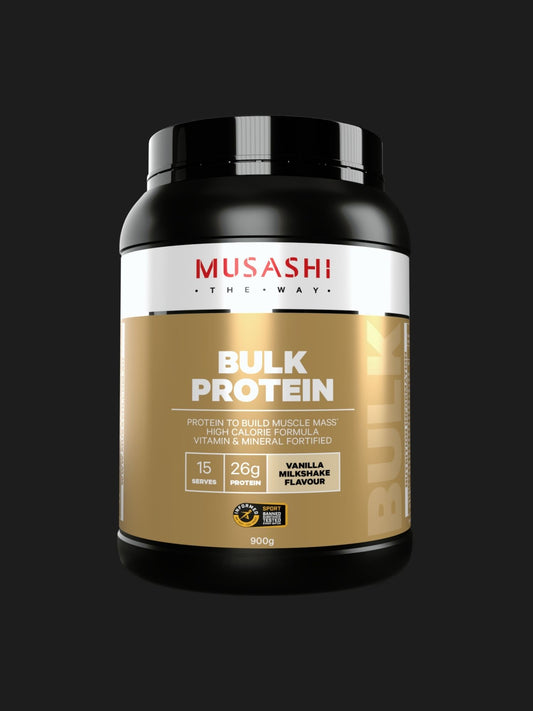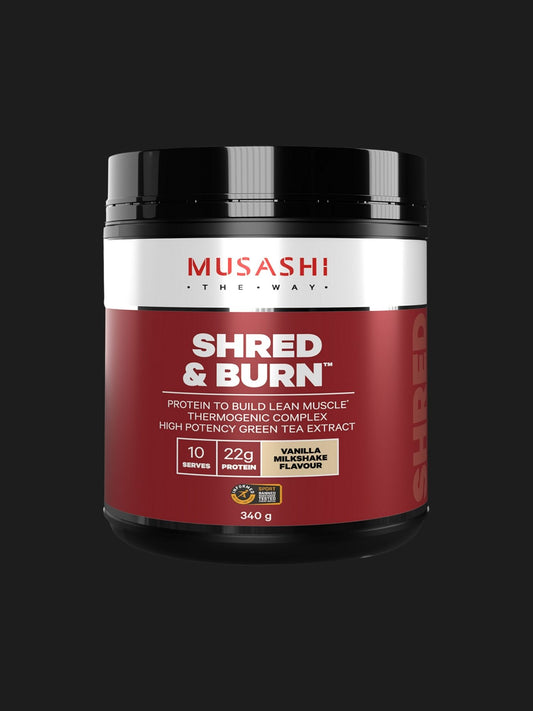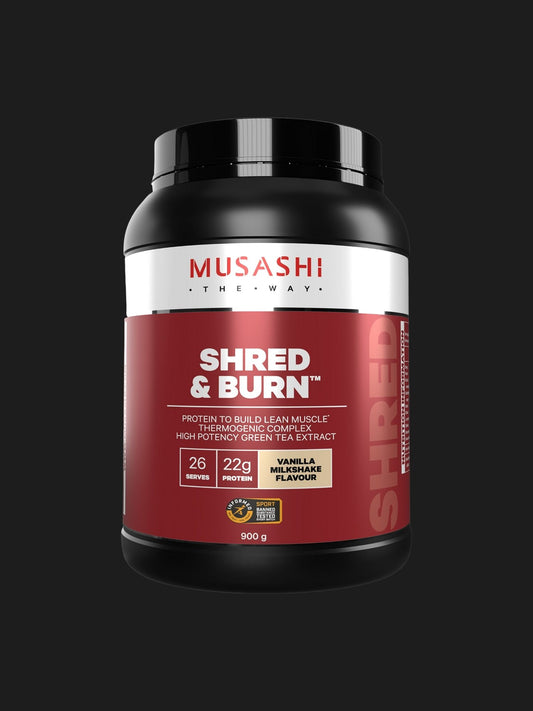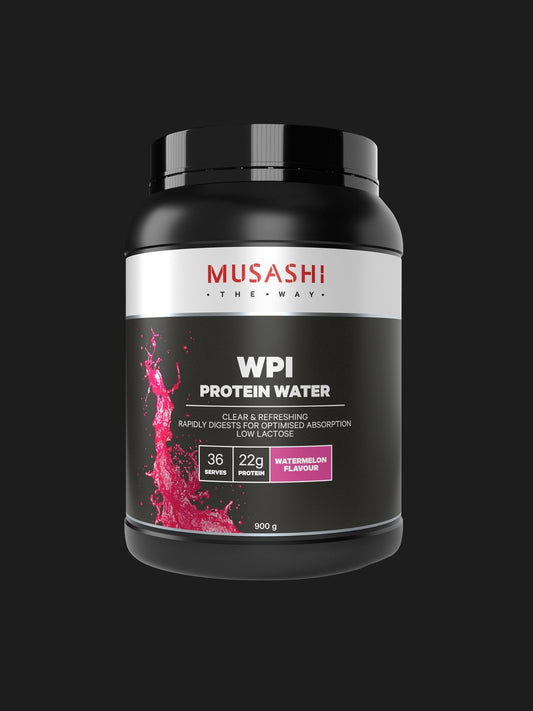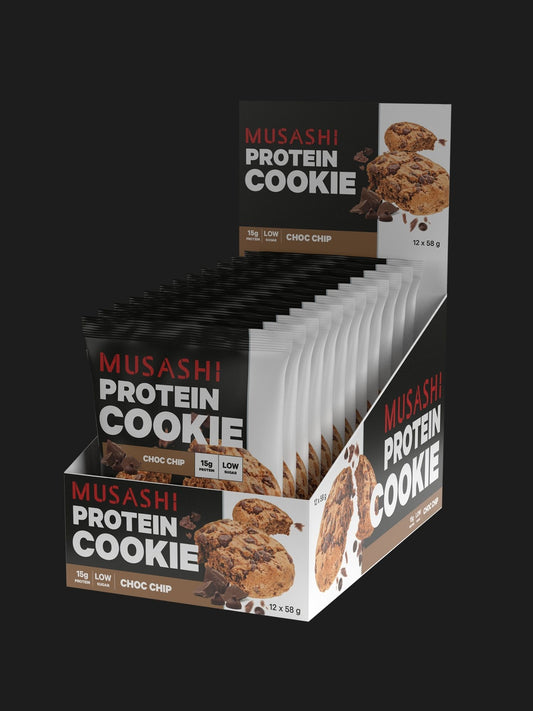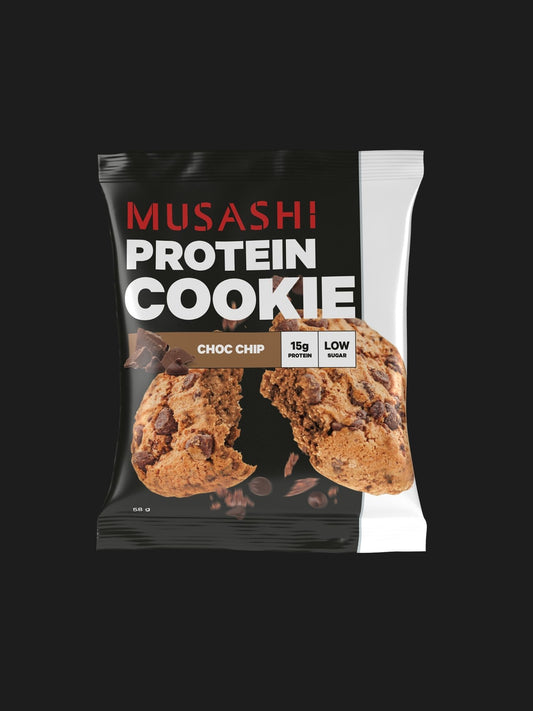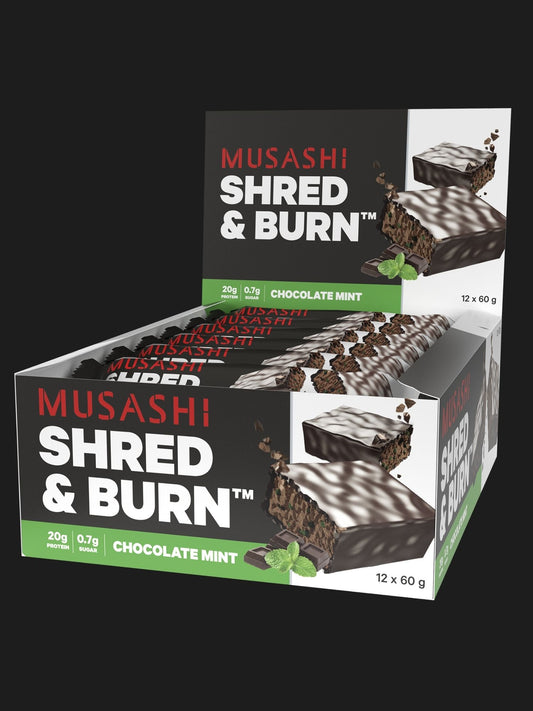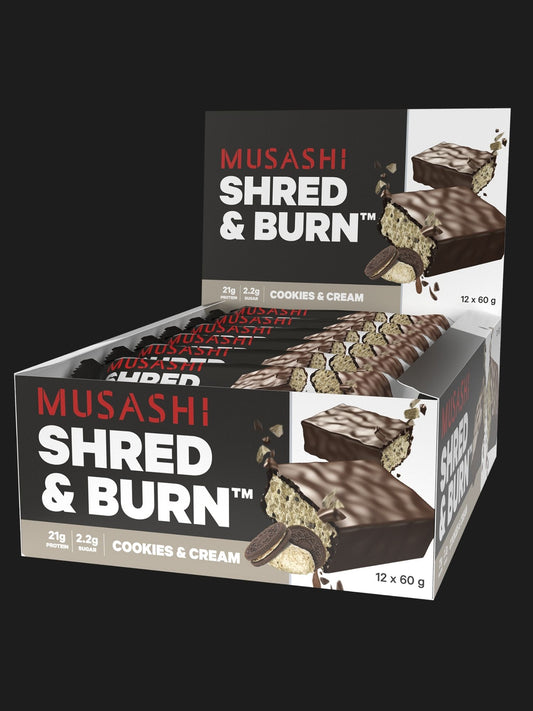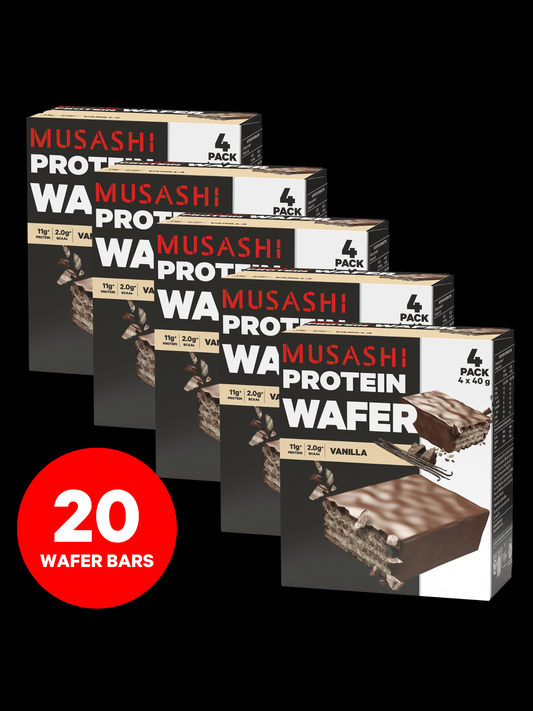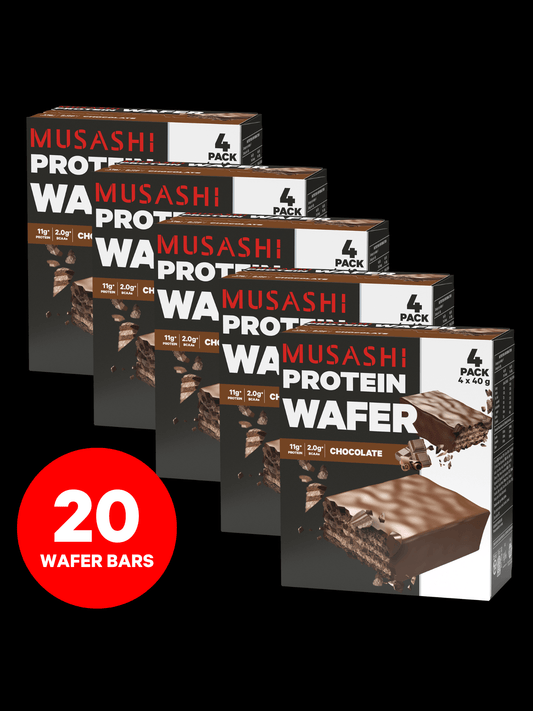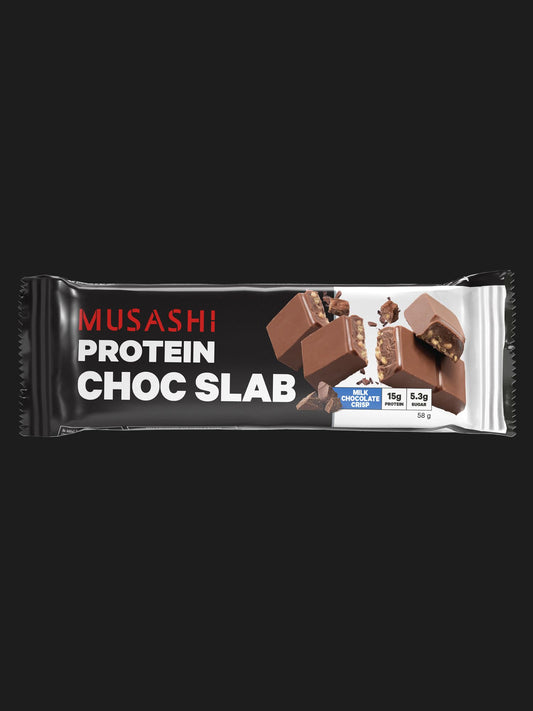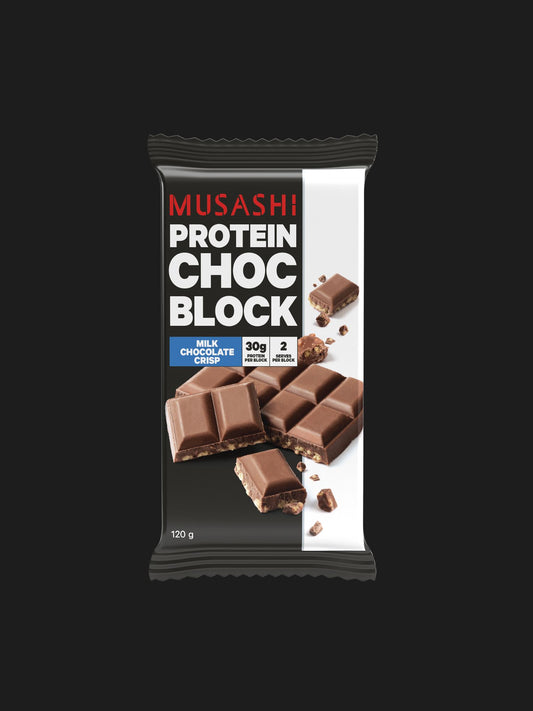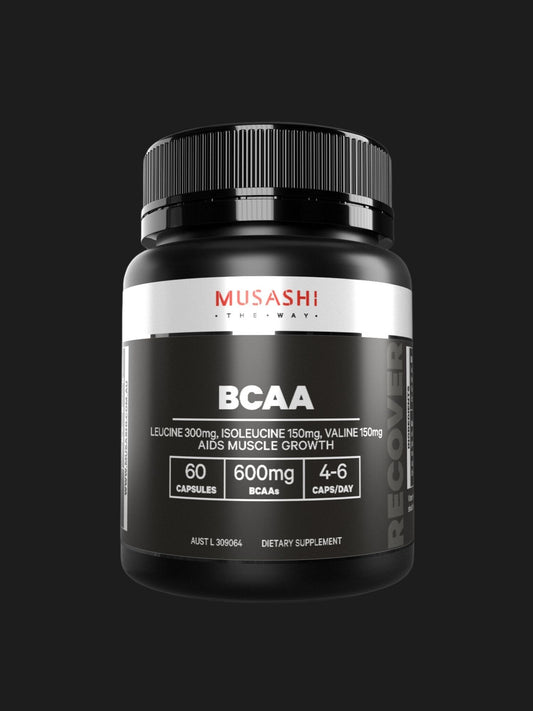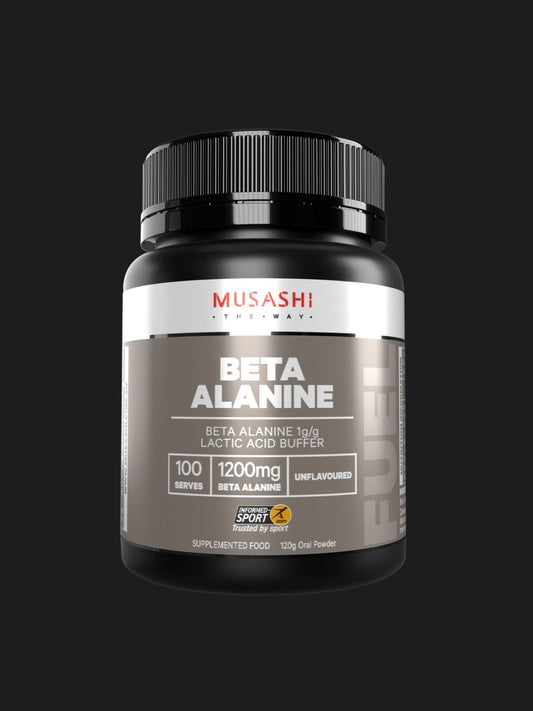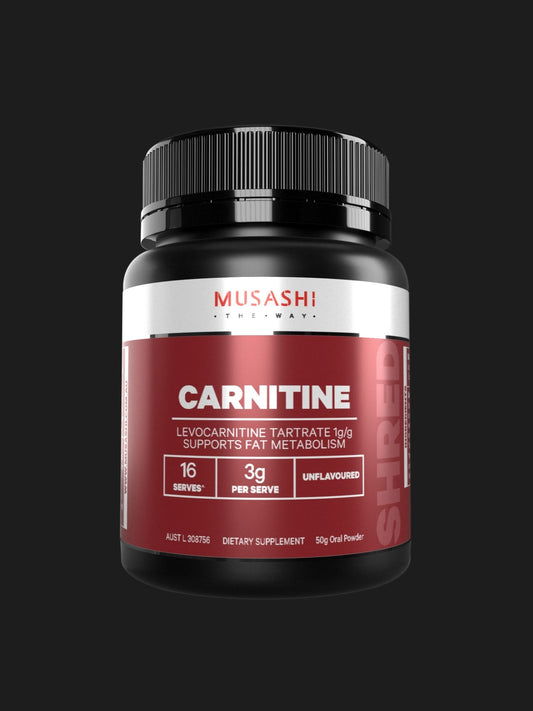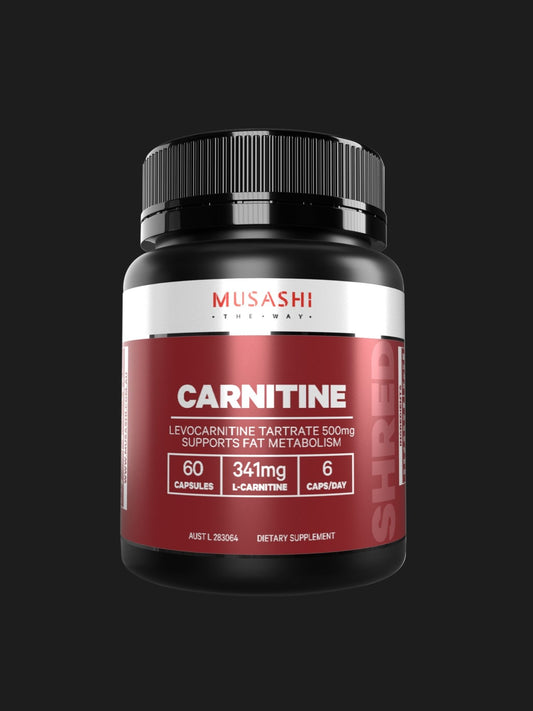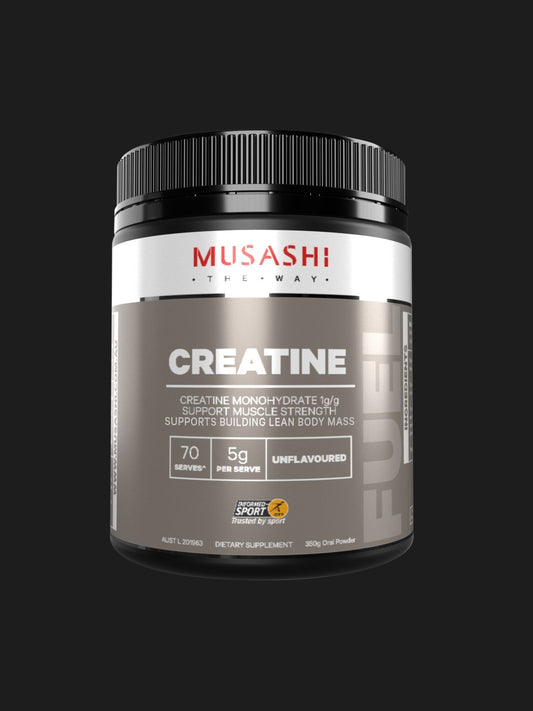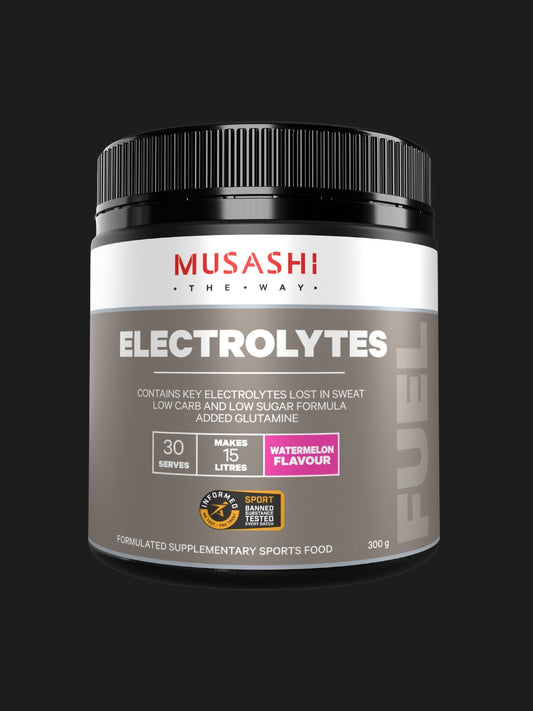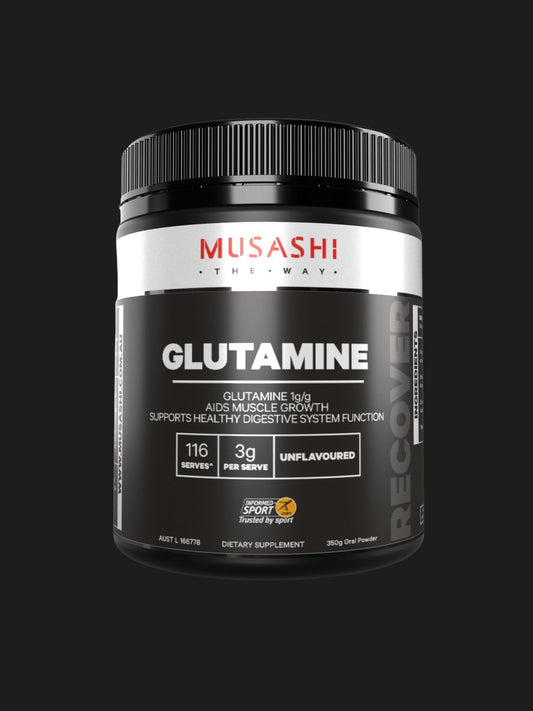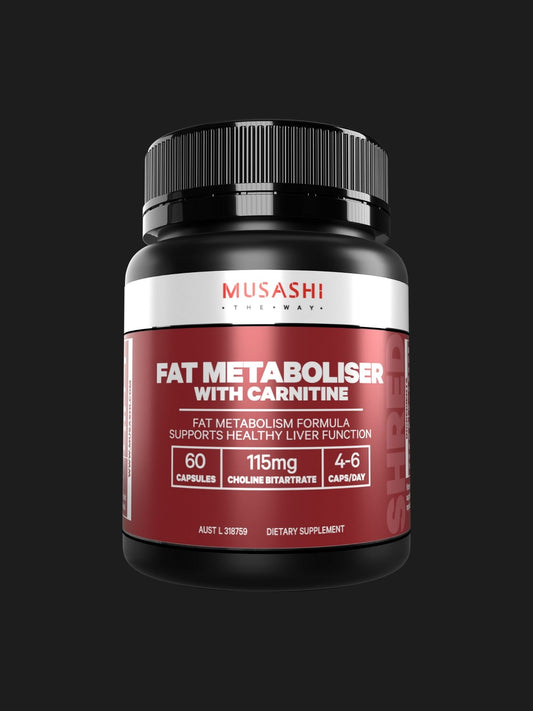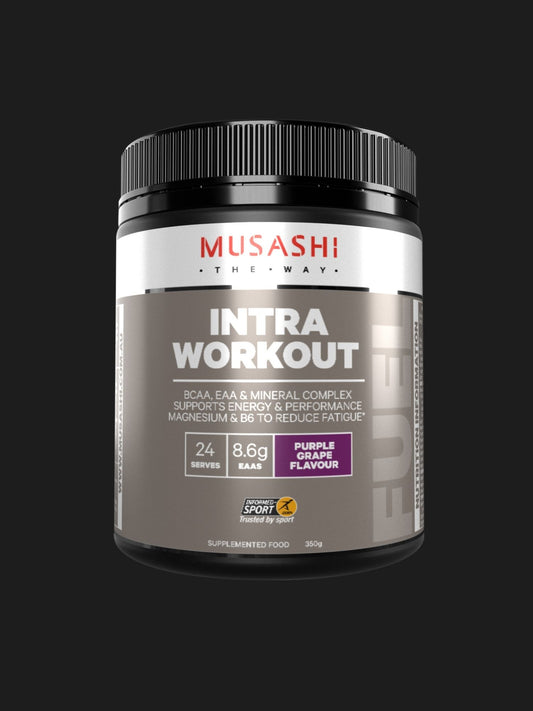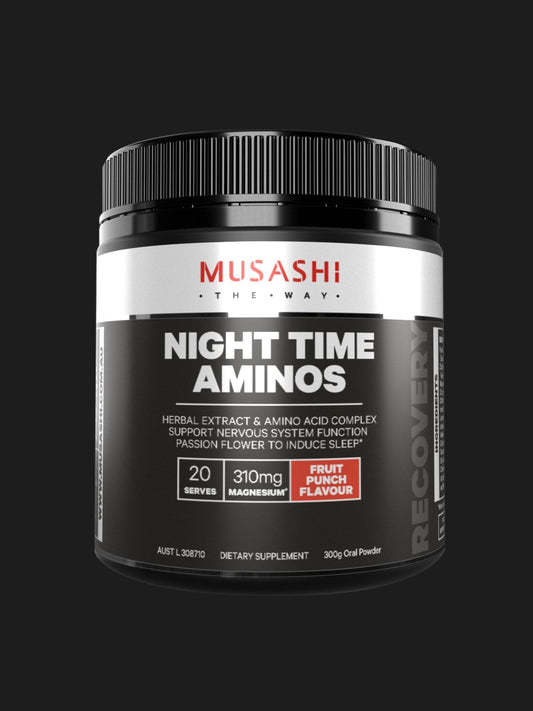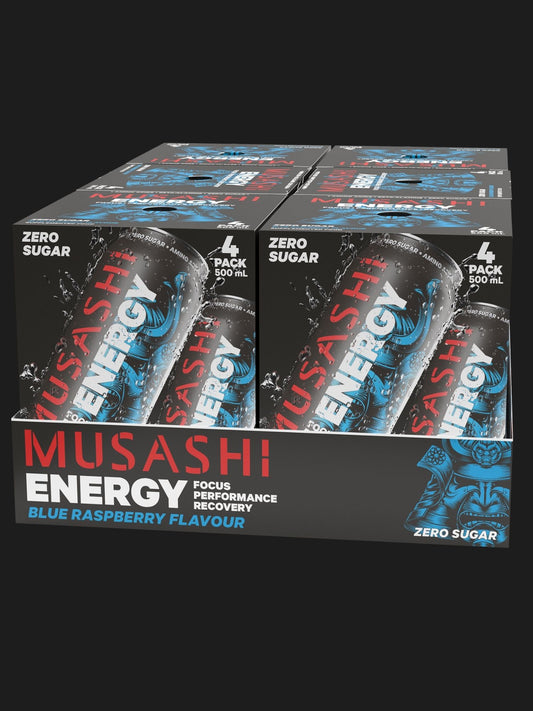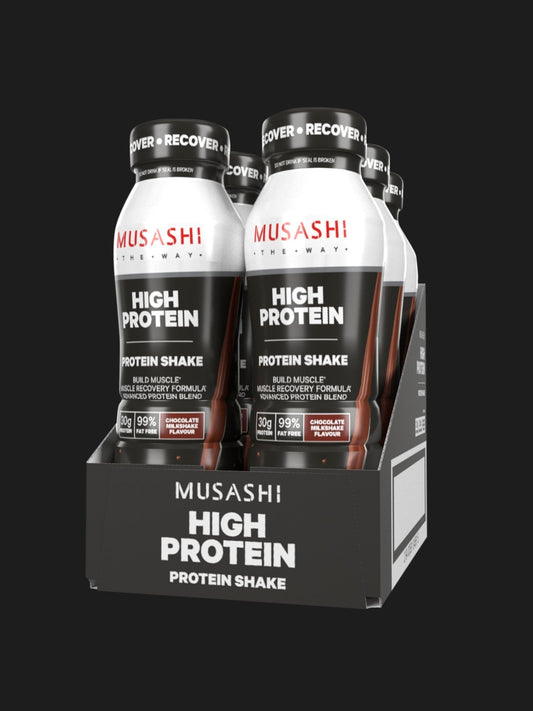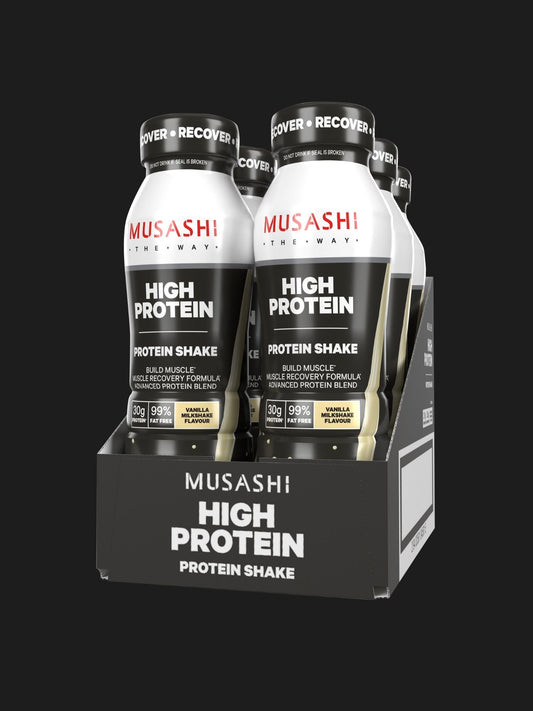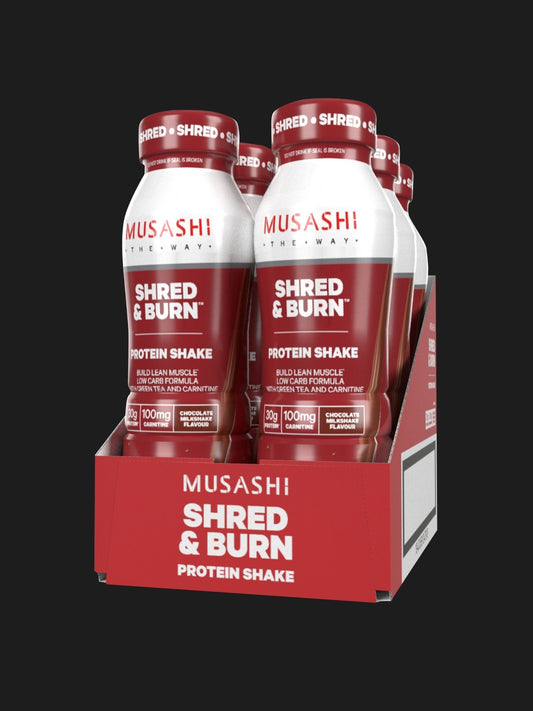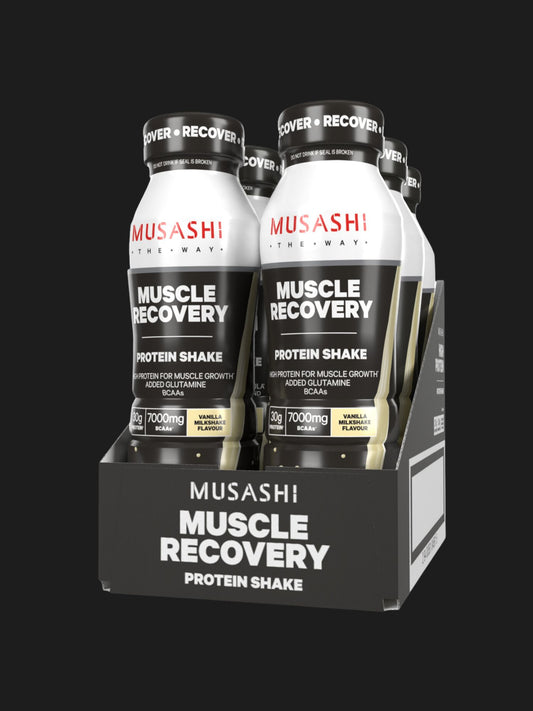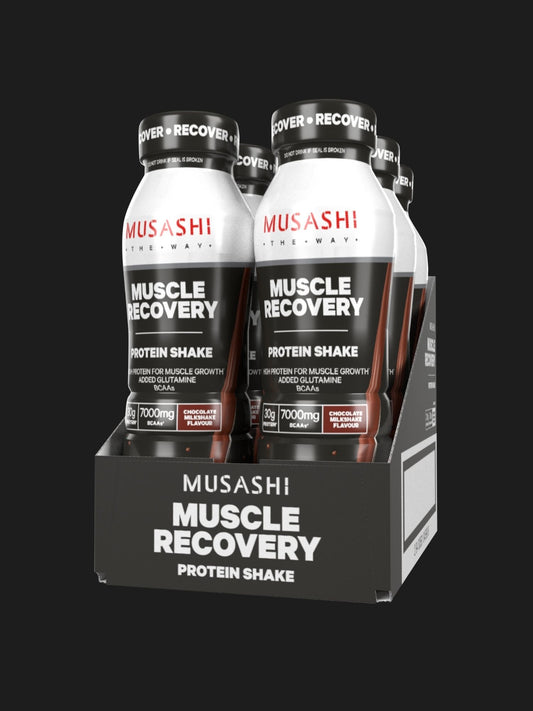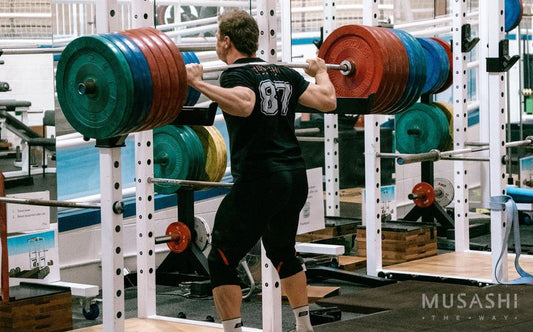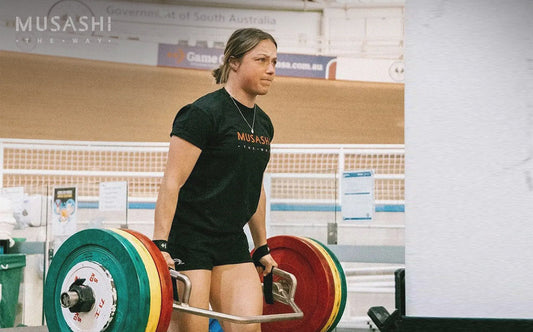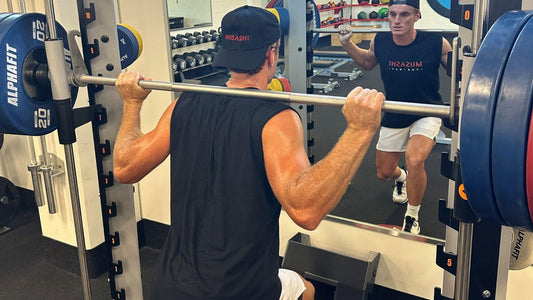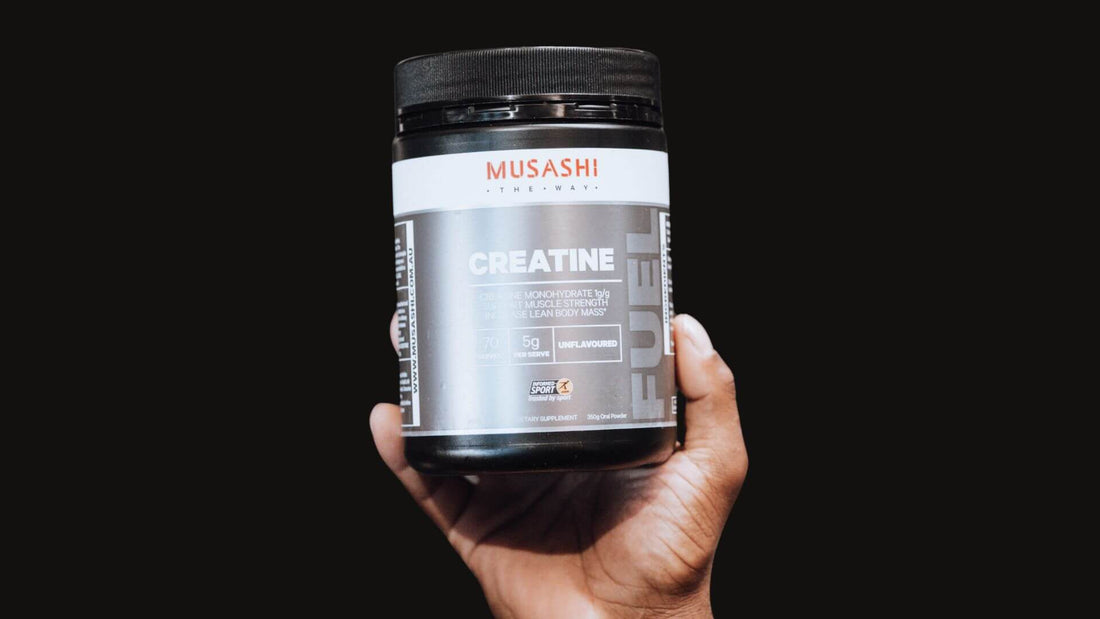
Creatine is one of the most researched supplements in sports nutrition. It has a good reputation for being safe and effective and has outstanding results for many athletes. Creatine is a naturally occurring nutrient found in meat and fish. Studies show that 99% of creatine consumed from food and supplementation is stored in the muscle for use. Creatine is one of the most popular dietary supplements amongst athletes . It is stored in muscles and used to power performance during repeated bouts of high-intensity exercise, power sports and strength training . It is well tolerated at recommended dosages e.g. loading – approximately 20g per day and maintenance – approximately 5g per day. Studies have consistently indicated that supplementing creatine monohydrate will help boost performance leading to greater gains in strength, power and muscle mass. Here we aim to answer any questions you might have to help you decide whether creatine is right for you and your training program.

Does creatine cause water retention?
Creatine supplementation may increase a small amount of water retention over short periods of time (loading phase) but over long periods of time (maintenance phase) it does not lead to water retention.
Does creatine cause kidney damage?
This seems to originate from a study conducted in the 1990s that raised doubts over the safe use of creatine. After 20+ years of research and over 500 peer-reviewed publications, data concludes that when ingested at recommended dosages creatine supplementation does not result in kidney damage in healthy individuals.
Is creatine only useful for resistance and power-type sports?
There are a variety of exercises, not just resistance, power and strength activities, which can benefit from creatine supplementation. All sports ranging from repeated sprints (e.g. rugby) to high strength sports (e.g. weight lifting) through to endurance sports (e.g. cycling, long-distance running and triathlon) can all benefit from creatine supplementation.
Does creatine help with muscle recovery?
Yes. Creatine has been linked with reducing muscle damage and enhancing recovery from intense exercise.
Is creatine only useful for males wanting to increase strength?
Creatine supplementation is beneficial for all genders in a variety of athletic and sporting activities. It provides muscle and performance benefits for older adults and a variety of benefits for females across their lifespan.
Do athletes following a plant-based diets benefit from creatine supplementation?
The body produces some creatine naturally in the body. It also comes from protein-rich foods such as meat and fish. Athletes following a vegetarian or vegan diet are more likely to have a lower natural supply, resulting in a greater potential for response to supplementation.
Let’s talk science!
Creatine is a natural substance that turns into creatine phosphate in the body. Creatine phosphate helps to make adenosine triphosphate (ATP). ATP is a high-energy molecule which provides the energy for muscle contractions. The more ATP – the better your body can perform during exercise. The role of creatine in the body is to help regulate energy production and act indirectly supplying the body with ATP (the body’s fuel). Once ATP stores become depleted the muscles are unable to generate energy to power contractions and performance begins to decline. Supplementing with Musashi Creatine increase stores of phosphocreatine allowing muscles to work at higher intensities for a longer period of time. The bottom line… Supplementing with Musashi Creatine can help you get the best out of your training whether your goal is to lift more, run faster or build muscle.
Jager et al (2011) Analysis of the efficacy, safety, and regulatory status of novel forms of creatine Review Article presented at the Creatine in Health and Sports 2010 Conference. 40:1369-1383 Common questions and misconceptions about creatine supplementation: what does the scientific evidence really show?
Jose Antonio Burke L et al. (2010) Supplements and Sports Foods In: Burke & Deakin edition Clinical Sports Nutrition 4th edition, McGraw-Hill Australia Pty. Ltd., 2010: 61-95. Cooke MB, Rybalka E, Williams AD, Cribb PJ, Hayes A. Creatine supplementation enhances muscle force recovery after eccentrically- induced muscle damage in healthy individuals. J. Int. Soc. Sports Nutr. 2009; 6:13–3.
